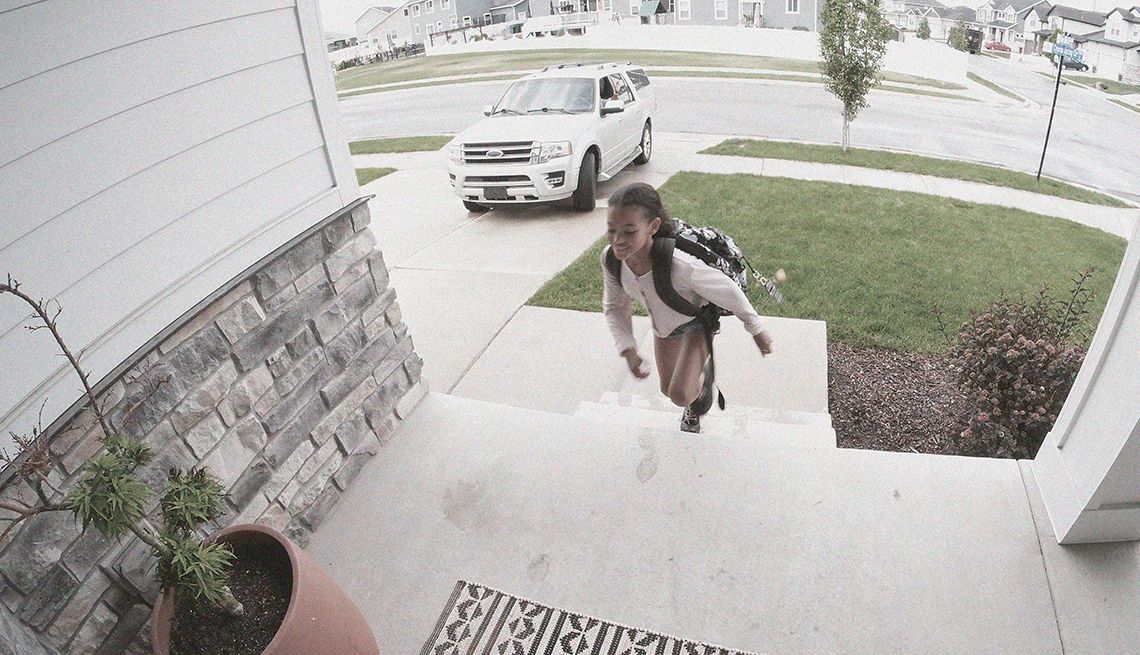AARP Hearing Center


In this story
Security problems • One manufacturer • Smart doorbell popularity • What to do
Smart internet-connected video doorbells are supposed to bring you peace of mind.
After all, they can let you peek at whoever is ringing the front door before you decide whether to let the person in. They can tell you if the package you’ve been expecting has been delivered, even if you’re not home, and maybe even dissuade a thief from stealing that package.
They might even discourage a burglar from breaking into your house.
But is your sense of security misplaced? A troubling investigation from Consumer Reports suggests that might be the case, at least with certain smart doorbells sold through Amazon, Sears, Temu, Walmart and other popular digital marketplaces.
Different brands but one China-based manufacturer
Eken- and Tuck-branded video doorbells that Consumer Reports put through its testing program have “terrible security” that exposes such products to hackers and poses a serious risk to consumers, the nonprofit says. Despite the different brand names, the Eken and Tuck models are identical products that the Eken Group in Shenzhen, China, manufactures.
The company did not respond to an AARP request for comment.
What’s more, Consumer Reports discovered at least 10 more video doorbells under different brands also appeared to be the same. They all leverage the Aiwit smartphone app available in the Apple App Store and downloaded more than 1 million times from Google Play. Apple does not release figures for total downloads.





































































More From AARP
Executive Order Seeks to Protect Americans’ Privacy
Legal data brokers already sell sensitive personal infoNew Standard Makes It Easier to Have a Smart Home
‘Matter’ is designed to end confusion about compatibility
How to Find Out if Your Smart Home Is Spying on You
Gadgets, gear may be listening. You can turn them off
Recommended for You